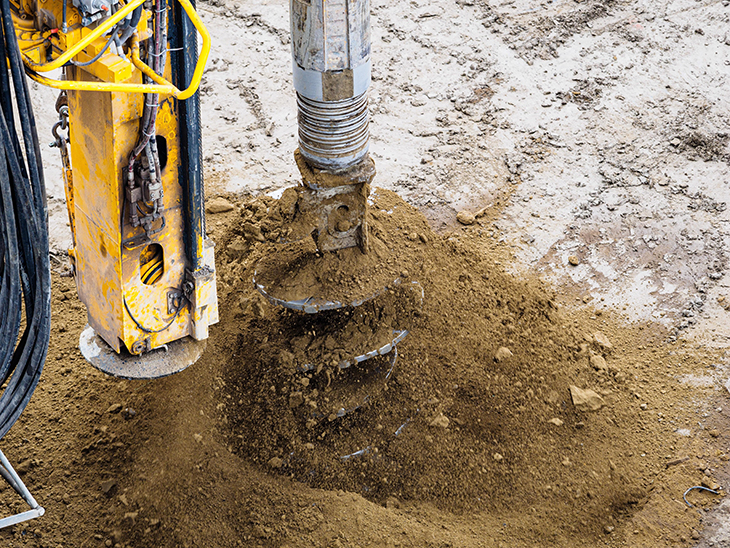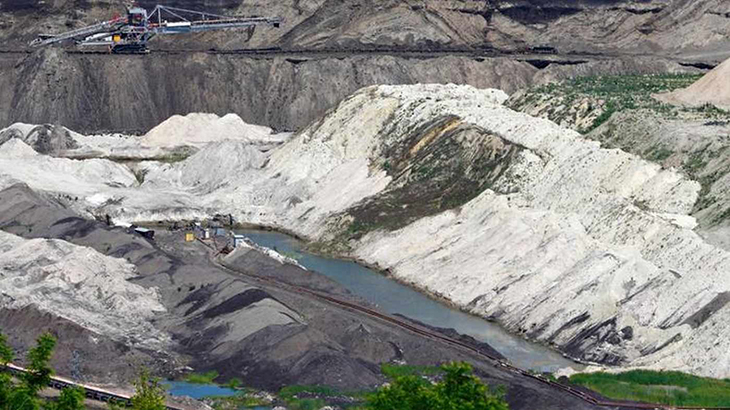
Beneath the earth’s surface in Northern France, an extraordinary discovery of millions of tons of pure hydrogen has ignited a fervor akin to a renewables gold rush. Hydrogen, despite being the most abundant element in the universe, typically exists in a combined state with other elements, such as oxygen. However, geological processes deep underground can lead to the creation of substantial pockets of hydrogen gas, comparable to the extraction of shale gas. This hydrogen can be harnessed to fuel airplanes, trains, heavy machinery, and steel production, with its combustion yielding only water as a direct emission.
The narrative capturing international energy headlines originated when Jacques Pironon and Phillipe De Donato, directors of research at France’s National Centre of Scientific Research, were utilizing advanced probes to assess methane reserves in the Lorraine Basin. Their findings unexpectedly unveiled a previously undiscovered hydrogen gas deposit at a depth of 3,300 feet (1,100 meters), registering a remarkable 20% hydrogen concentration—far surpassing typical conditions.
CNN has delineated the spectrum of hydrogen fuels, with “brown” hydrogen stemming from coal operations, lacking climate-friendly attributes. On the other hand, “green” hydrogen, produced through electrolysis powered by renewable energy, is environmentally favorable but currently limited and costly. Presently, pure hydrogen stands as the most promising solution for high-octane fuel demands in heavy machinery engaged in long-distance transportation.
The allure of geologic hydrogen, termed both “white” and “gold” hydrogen, has escalated dramatically, exemplified by the growing interest in Mali. In 1987, the village of Bourakébougou witnessed an unexpected explosion in a water well, leaving a driller with burns. The well remained capped until 2012 when Chapman Petroleum was enlisted to investigate the peculiar gas, which exhibited a blue hue in the daytime and a golden glow at night. Bourakébougou is now entirely powered by the 98% pure hydrogen from this deposit, marking the highest recorded purity.
Geoffrey Ellis, a geochemist at the US Geological Survey, embarked on hydrogen deposit studies following the Bourakébougou discovery. Initially skeptical about finding extractable deposits on land at accessible depths, he revised his stance after a 2018 paper on the Bourakébougou site sparked a rush among scientists and entrepreneurs eager to locate similar deposits and gain insights into their formation and optimal exploration locations.

Ellis posits that there exists an immense reservoir of white hydrogen, potentially amounting to tens of billions of tons. Even a modest 1% extraction and production from this reserve could yield a substantial 500 million tons of hydrogen, sustaining energy needs for an impressive 200 years, according to his calculations.
“Most of this is almost certainly going to be in very small accumulations or very far offshore, or just too deep to actually be economic to produce,” he said when he spoke to CNN.
In the Lorraine Basin of France, once a bustling hub for European coal mining, De Donato and Pironon are embarking on a venture to delve 3,000 meters, equivalent to over 2 miles underground. Their objective is to evaluate the feasibility of extracting white hydrogen and determine the extent of its presence. Initial estimates suggest that at this depth, the purity of the hydrogen may rival that found in wells in Mali.
Collaborating with the energy company La Française de l’Énergie (FDE), the duo benefits from the company’s existing infrastructure, including wells, equipment, and operational licenses spread across a vast expanse in the Lorraine Basin’s Grand-Est Region. FDE has already taken the initiative by submitting an application for exclusive rights to utilize their shale gas wells for potential white hydrogen extraction. This strategic move could potentially obviate the need for new mining pits, streamlining the process if the sought-after white hydrogen is indeed present in the region.
What are your thoughts? Please comment below and share this news!
True Activist / Report a typo


